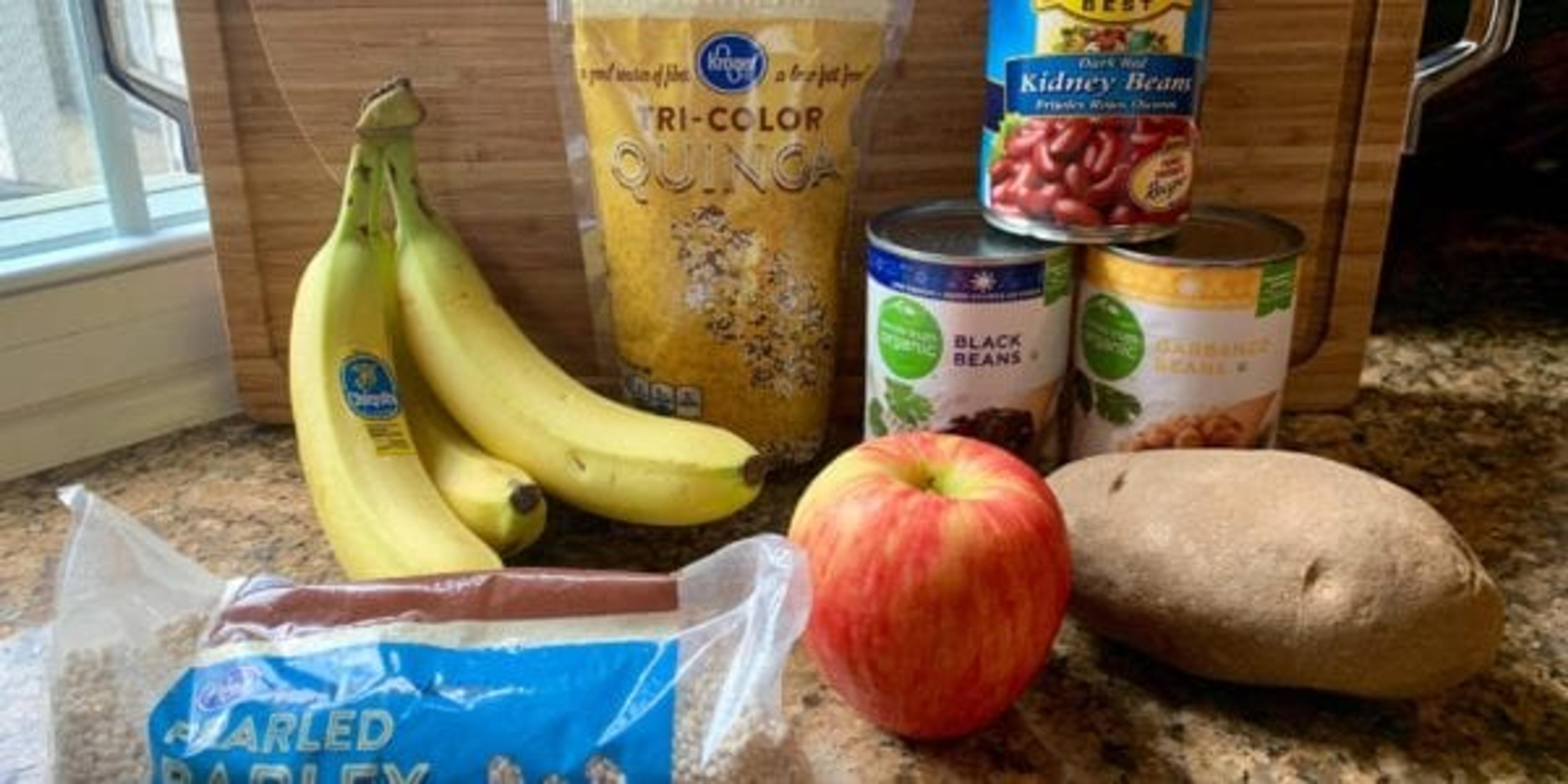The Truth About Carbs

Natalie Bennett
| 2 min read

Carbohydrates have a bad rap for causing weight gain, which leads to many people following low-carb or zero-carb diets.
The truth is, carbs are the main source of energy for your body and should typically make up about 40-60% of your daily calorie consumption. Carbs are used quickly after they’re consumed and are broken down. As sugar levels rise in your blood, the hormone, insulin, is released. This moves sugar from the blood into the body’s cells. It is important to consume some carbohydrates if you plan on exercising. Studies have shown that those who eat the right amount of complex carbohydrates have a lower risk for type 2 diabetes, obesity and heart disease.
When people think of carbs, they typically think of bread and pasta. While the whole wheat versions of these foods are healthy in moderation, there are other ways to eat healthy carbs throughout the day. There are two types of carbohydrates – complex carbs and simple sugars. Let’s discuss the difference.
Complex Carbohydrates:
- Provide vitamins, minerals and fiber, which keep you fuller, longer
- Should make up a majority of your carb intake. Good sources include: beans, peas, 100 percent whole-wheat pasta and bread, quinoa, chickpeas, potatoes / sweet potatoes, starchy vegetables and barley.
Simple Sugars:
- Are broken down quickly by the body
- Can be found naturally in foods like fruit, milk and milk products, which in moderation are good for you. These simple sugars are not unhealthy like their processed counterparts.
- Should make up a limited amount of your diet. They’re found in processed and refined foods like candy, soda and syrups. You should avoid these foods when possible.
Doing a low- or zero-carb diet may work for some people, but for most it is vital to consume enough carbohydrates throughout the day. Carbs are necessary for energy, hormone balance, feeding the brain and probiotics for good gut health. Here are some signs you may not be getting enough carbs:
- Bad breath
- Moodiness
- Bloating
- Headaches
- Constipation
- Feeling tired or lethargic during a workout
- Strong desire for bread and other carbs
How to work smart carbs into your day:
- Breakfast: fruit smoothie, oatmeal, sweet potato quinoa muffins
- Snacks: veggies/hummus, cottage cheese, fruit, roasted chickpeas
- Lunch: wrap on whole wheat tortilla or Mediterranean quinoa salad
- Dinner: fish or chicken with baked sweet potato fries
For more recipes filled with healthy carbs, check out these posts:
Photo credit: Natalie Bennett





